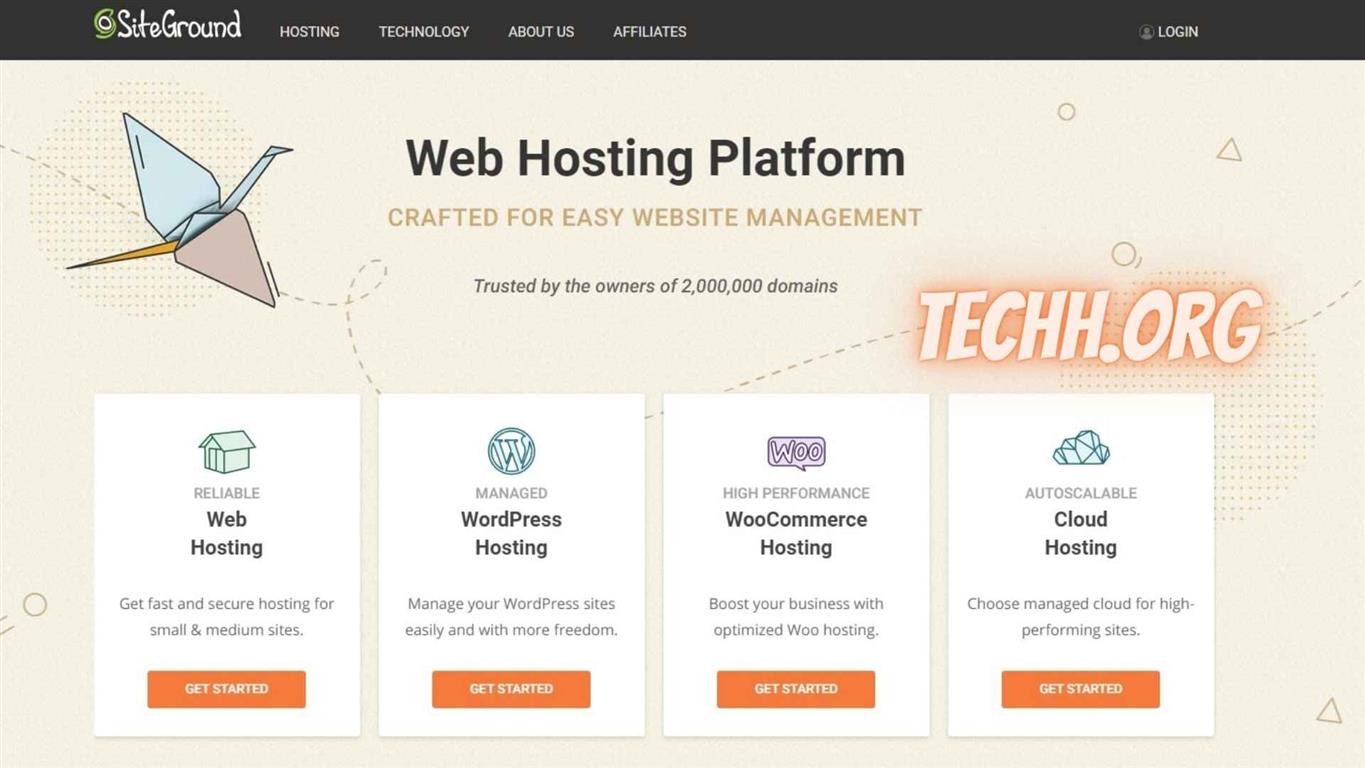Perkenalan
In the digital age, having a reliable web hosting service is crucial for individuals and businesses alike. HostGator is a well-known web hosting provider that offers a range of hosting solutions, from shared hosting to dedicated servers. Like any hosting service, HostGator comes with its own set of advantages and disadvantages. In this article, we will explore the strengths and weaknesses of HostGator hosting to help you make an informed decision about whether it’s the right choice for your website.
Advantages of HostGator Hosting:
Reliable Uptime:
HostGator boasts an impressive uptime record, with most users experiencing minimal downtime.
User-Friendly (Advantages HostGator)
HostGator’s control panel is user-friendly and easy to navigate, making it suitable for both beginners and experienced users. They also offer a website builder with numerous templates, simplifying the website creation process.
Variety of Hosting Plans (Advantages HostGator)
HostGator provides a wide range of hosting options, including shared hosting, VPS hosting, dedicated hosting, and more. This versatility allows you to choose a plan that best suits your website’s needs.
Scalability HostGator Hosting:
As your website grows, you can easily upgrade your hosting plan with HostGator. This scalability ensures that your hosting can adapt to your evolving requirements.
Good Customer Support (Advantages HostGator)
HostGator offers customer support via live chat, phone, and email. They have a reputation for responsive and helpful support, which is essential if you encounter technical issues.
45-Day Money-Back Guarantee (Advantages HostGator)
HostGator provides a generous 45-day money-back guarantee.
Free Website Migration:
HostGator offers free website migration services. This can save you time and effort when transferring your existing site to their hosting platform.
Disadvantages of HostGator Hosting:
Price Increases:
While HostGator’s introductory prices are competitive, they tend to increase significantly upon renewal. This can catch some users off guard, and it’s essential to plan for potential price hikes.
Limited Storage:
Some of HostGator’s lower-tier plans come with limited storage, which may not be sufficient for websites with substantial content or high-resolution media.
Performance Issues :
Users on shared hosting plans may experience occasional performance issues during traffic spikes. While HostGator offers more robust hosting options, shared hosting can be less reliable during peak usage times.
Overcrowded Servers:
In some instances, HostGator has been criticized for overselling their shared hosting servers, leading to slower loading times and reduced performance.
Additional Costs (Advantages HostGator)
Certain features, such as daily backups and SSL certificates, come with an extra cost. While these features are essential for many websites, they can increase the overall price of hosting.
Limited Data Centers:
HostGator has data centers primarily in the United States. If your target audience is international, you may experience slower load times for users in other regions.
No Windows-Based Hosting on Shared Plans:
HostGator’s shared hosting plans are Linux-based, which may not be suitable for users who require Windows-based hosting.
Conclusion: Is HostGator Right for You?
HostGator is a popular web hosting provider known for its reliability and user-friendly interface. It offers a variety of hosting plans to accommodate different needs, making it suitable for individuals, small businesses, and even larger websites.
If you value reliability and scalability, HostGator can be an excellent choice. Their customer support and money-back guarantee provide added peace of mind. However, be prepared for potential price increases upon renewal, and carefully consider your storage and performance requirements.
Ultimately, the suitability of HostGator hosting depends on your specific needs and budget. It’s advisable to compare HostGator with other hosting providers and read user reviews to make an informed choice that aligns with your website’s goals and requirements.





